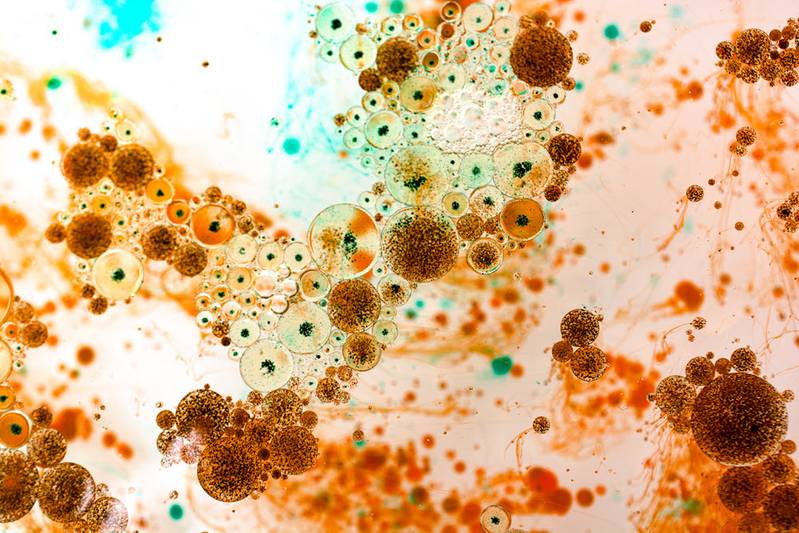The University of Maryland is leading a project aiming to developing a fuel cell that uses energy derived from marine bacteria to power ocean sensors.
The Persistent Oceanographic Device Power (PODPower) could consistently produce 10 watts for over a year to power ocean sensing devices such as those used to monitor water chemistry or the movement of whales and dolphins.
The system will be suspended in the water where it can collect and concentrate ocean microbes and bits of organic matter in a special fermentation chamber. Bacteria in the chamber will pre-digest the material, producing a more efficient type of “food” for a second kind of bacteria that colonizes the fuel cell electrodes and releases electrons for direct use.
The design relies on several innovations including a collection net inspired by unique aspects of fish gills, a corkscrew-type auger that feeds the organic matter into the fermentation chamber, and a dual cathode system to drive the microbial fuel cell power to higher levels than previous systems.
Project leader Professor Stephanie Lansing says the bioinspired system has game-changing potential to provide direct electric power to improve sensing capabilities while protecting environment.
The first phase of the project will run through Summer 2026 and includes collaborators from eight other institutions and firms: Battelle, the George Washington University, Harvard University, the Institute of Marine and Environmental Technology at the University of Maryland, Baltimore County, James Madison University, Johns Hopkins University, the University of Delaware and Yokogawa Corp. of America.
In addition to the $7.8 million granted for Phase 1 development and deployment, an additional $3.4 million award is possible to support Phase 2, which will include deployment in multiple settings and generate 100 watts of power.

